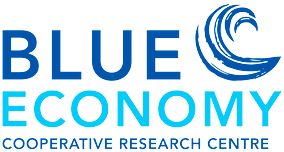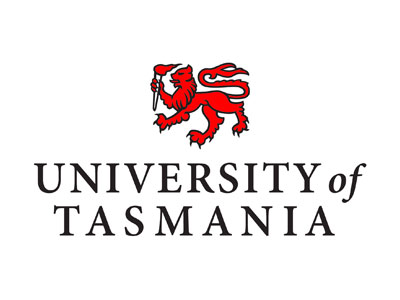Trudi Hogg
Trudi Hogg
Thesis Topic
Autonomous technologies for aquaculture. Enabling autonomous technologies for aquaculture in challenging environments.
PhD Start Date
February 2023
PhD Project Objectives
Autonomous technologies are a promising tool for industry operators to reduce their carbon footprint and contribute to global efforts in battling climate change. The Blue Economy concept forecasts offshore aquaculture will improve food security, sustainable seafood production, human wellbeing and decrease coastal environmental burdens. Autonomous data acquisition is predicted to provide cost effective monitoring and inspection of offshore operations, reduce human exposure to hazardous environments, increase awareness and remediation in contamination episodes, and reduce greenhouse gas emissions in comparison to traditional sampling vessels. The COVID-19 pandemic and the possibility of future events that cause unexpected risk and limitation of access, also presents a case for developing autonomous sampling systems to sustain data driven management practices for aquaculture growers.
This project will aim to identify industrial attitudes likely to impede implementation of autonomous water sampling and establish guidelines to educate and encourage use of Autonomous Surface Vessel’s (ASV) for aquaculture management. A risk comparison of current water sampling techniques on oyster farms compared to autonomous water sampling will be created. Existing ASV policy and regulations for Australian Territorial Waters and Exclusive Economic Zone will be scrutinised to create guidelines for a Safety Management System, communication and control system redundancy, contingency plan, and required certification and training for owners and operators of autonomous surface vessels in accordance with existing national and international legal instruments. As size of vessel and level of automation affects compliance requirements, the optimal design to balance revenue and costs for aquaculture will be identified. Gaps between current workforce skills and the deployment and use of autonomous systems will be determined. Increasing technological capacity for growers and regulators will assist strategic management, future planning and reduce business risk and cost to maintain food safety, value, and quality. The societal impact of sustainable aquaculture will maintain brand protection and the benefits of Tasmanian aquaculture to coastal communities, seafood, and tourism industries. This project will facilitate a more informed management system between regulators and industry and simplify data availability to other actors in the Blue Economy, ultimately determining the economical relevance of autonomous water sampling for oyster aquaculture.
Biography
Having worked as a deckhand and net-maker in the Shark Bay prawn and scallop industry, I completed Bachelor Applied Science (Fisheries) to nourish my passion for fisheries science, hydrodynamics, and sustainability. I graduated in 2000, became a Mum two years later to a daughter who has required my full-time assistance due to autistic spectrum disorder. I completed Master of Business Administration (Maritime Logistics and Management) in 2018. This PhD will hopefully assist future employment in a field that I love. My interests are primary industry efficiency, law and policy, sustainability, autonomous technologies, and the contemporary approach to fisheries through aquaculture.
Supervisory Team
Primary Supervisor: Dr Andrew Fischer
University of Tasmania
Co-Supervisor: Associate Professor Jeff Ross
University of Tasmania
Co-Supervisor: Dr Damien Guihen
University of Tasmania





